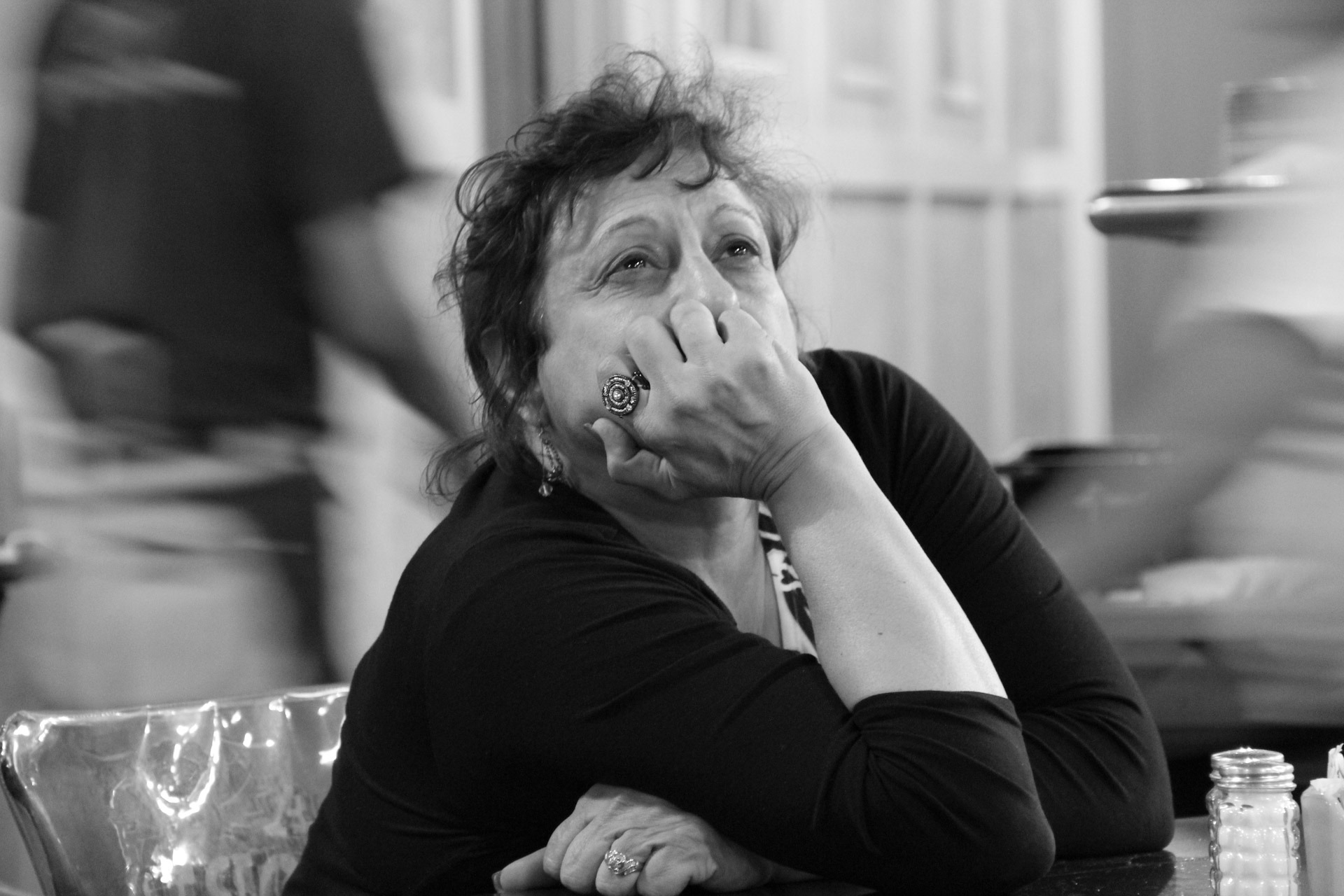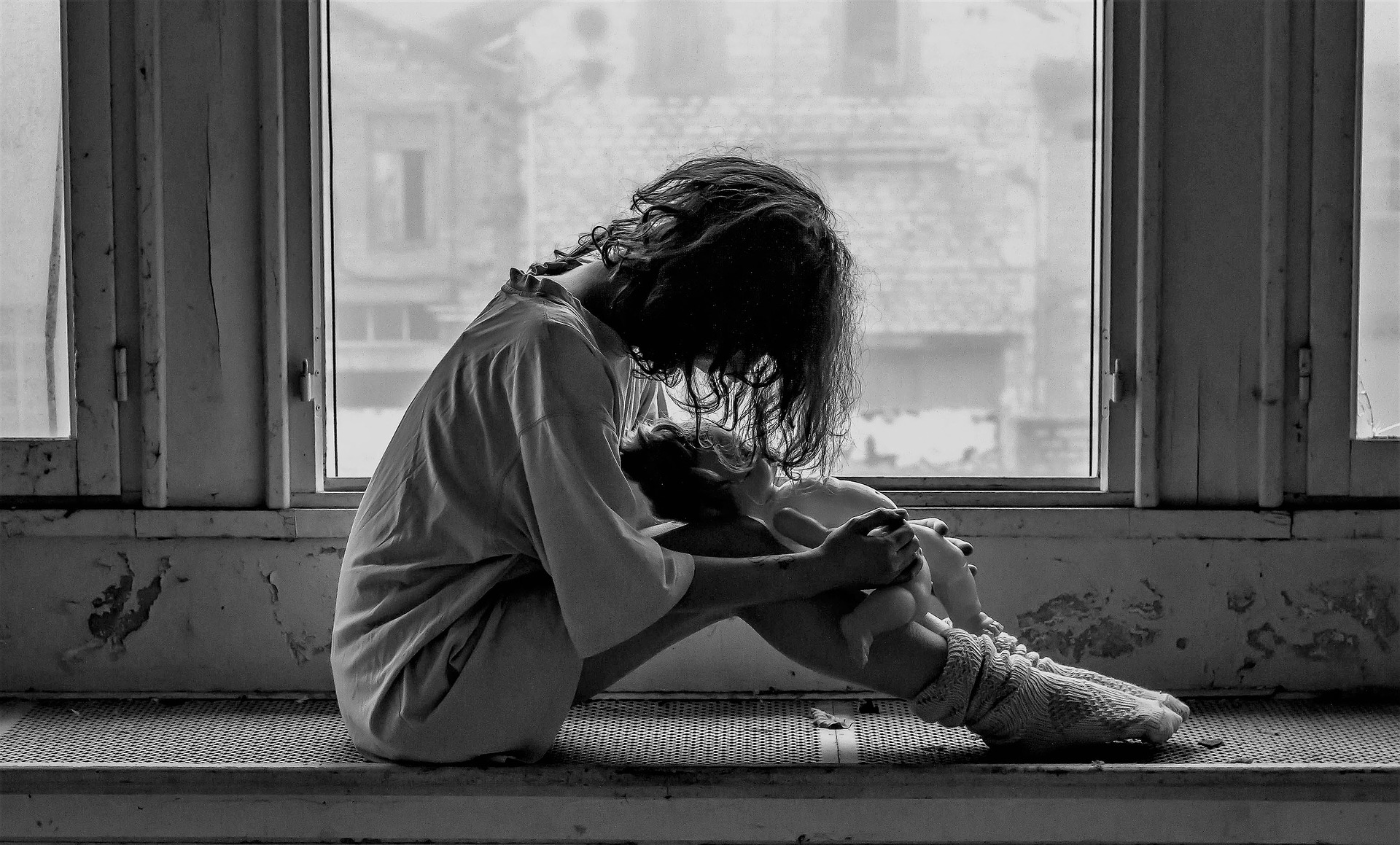Brown & Harris (1978)
 Brown & Harris (1978) carried out a classic study to see to what extent social and cultural factors may play a role in the onset of depression in women.
Brown & Harris (1978) carried out a classic study to see to what extent social and cultural factors may play a role in the onset of depression in women.
This study can be used to address the following questions:
The role of sociocultural factors in one disorder.
Discuss the prevalence of disorders.
When studying the prevalence of Major Depressive Disorder, we see that women are twice as likely to develop depression as men. Arguments in the past used to focus on hormonal differences as the source of this difference, but many studies of hormones have not demonstrated a clear link to depression. Brown & Harris decided to look at how sociocultural factors or environmental factors may play a role in this gender difference.
Brown & Harris's research was done before epigenetics became a central focus of psychology. The study today can be described by the "Diathesis-Stress Model" - which is that a genetic predisposition plus environmental stressors may lead to depression. Today we have a much better understanding of how adverse life experiences can have an effect on our health - both psychological and physical.
The aim of the study was to investigate how depression could be linked to social factors and stressful life-events in a sample of women. 458 women in South London were surveyed on their daily life and depressive episodes. The researchers focused on important biographical details - that is, particular life events or particular difficulties faced by the women. These events were later rated in severity by independent researchers.
8% of all the women - that is, 37 in total - had become clinically depressed in the previous year. 33 of these women (nearly 90%) had experienced an adverse life event (e.g. loss of a loved one) or a serious difficulty (e.g. being in an abusive relationship). Only 30% of the women who did not become depressed suffered from such adversity. Only four of the 37 women who became depressed had not experienced any adversity.
Social class - measured by the occupation of the husband - played a significant role in the development of depression in women with children. Working-class women with children were four times more likely to develop depression than middle-class women with children.
The researchers identified three major factors that affected the development of depression.
- Protective factors found to protect against the development of depression in spite of stressors, e.g. high levels of intimacy with one's husband. These factors lead to higher levels of self-esteem and the possibility of finding other sources of meaning in life.
- Vulnerability factors found to increase the risk of depression in combination with particularly stressful life events - called provoking agents in the study. The most significant vulnerability factors were (1) Loss of one's mother before the age of 11, (2) lack of a confiding relationship, (3) more than three children under the age of 14 at home, and (4) unemployment.
- Provoking agents found to contribute to acute and ongoing stress. These stressors could result in grief and hopelessness in vulnerable women with no social support.
The study showed that social factors in the form of life stress (or serious life events) could be linked to depression. The fact that working-class mothers were more likely to develop depression than middle-class mothers showed risk factors associated with social class. According to Brown and Harris, low social status leads to increased exposure to vulnerability factors and provoking agents, whereas high social status was associated with increased exposure to protective factors and decreased exposure to provoking agents.

This was a new way of looking at depression since much research until then had focused only on personality factors and childhood experiences. The study was very important for psychiatry at the time because it was one of the first studies investigating social factors and life stressors associated with the etiology or origin of depression. The study was important in that it recognized that life events and difficulties could provoke onsets of depression. It also provided a model for investigating the interrelationship between social stressors and depression.
The study used semi-structured interviews to get an in-depth understanding of the participants' situation as they see it themselves. This increased the credibility of the results.
The sample size of the original study was relatively large, making the results potentially more reliable.
However, only females were interviewed so the results may not be generalized to men, but the relationship between stressful events and the onset of depression might be applicable to men as well.
In addition, this study is based on self-reporting of depressive episodes. Therefore, it is impossible to accurately determine the actual extent of depression for each of the women interviewed.
Finally, this is an example of a survey. Because there is no manipulation of an independent variable, the findings cannot determine cause and effect. The findings are correlational in that they indicate that there is a relationship between sociocultural factors and depression, but since other variables were not controlled, it is possible that biological vulnerability may also play a role in this study. This is what modern research appears to indicate.

 IB Docs (2) Team
IB Docs (2) Team
